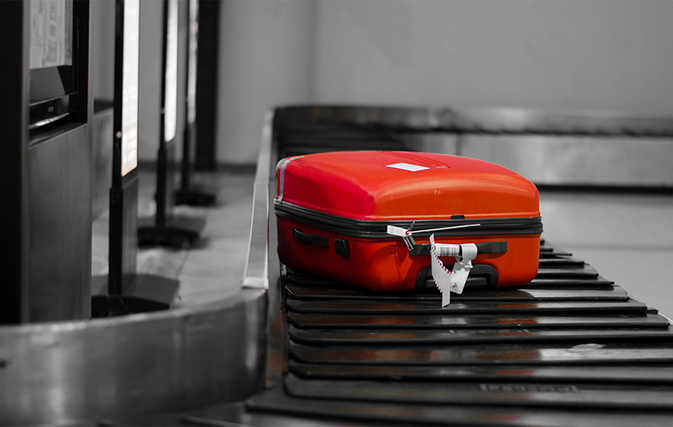MONTREAL — Air Canada says it’s in no rush to extend baggage fees to more international flights just because WestJet is doing so ahead of dipping its toe deeper into the European market.
The country’s largest carrier, which already charges checked bag fees for flights to sun destinations, said it’s not going to alter its strategy — even though its main domestic competitor will pair fee increases with lower fares that could make Air Canada’s published fares appear more expensive.
“We’re not going to turn ourselves upside down because of what our domestic competitor is doing,” CEO Calin Rovinescu said Thursday during a conference call to discuss its record third-quarter results.
The Montreal-based carrier handily beat analyst estimates as its adjusted profit soared 60 per cent to $734 million on lower fuel prices, cost-cutting and business improvements.
WestJet Airlines announced this week that it will extend checked bag fees for economy fares across its international network, including to Europe. It is launching wide-body Boeing 767 service next spring to London Gatwick from several Canadian cities.
Industry observers expect Air Canada will follow, but the airline said it’s studying WestJet’s baggage fee decision. It noted that the global carrier faces 60 competitors with different fees and charges on Atlantic and Pacific international routes, including 55 that are larger than WestJet’s foray.
“We compete ferociously across both oceans and we’ll certainly do that with this new competitor that’s coming online with their 767s,” said Ben Smith, president of passenger services.
Meanwhile, Air Canada says it’s reviewing a Quebec Court of Appeal ruling that the closure of its heavy maintenance facilities in Canada was illegal, adding it’s premature to speculate on the fallout on its maintenance strategy due to the decision.
“You can’t reinvent structures overnight. These are very technical kinds of maintenance activities that take place, both in terms of infrastructure and folks, so I don’t see anything immediate, but again we really have to study it and take it under advisement,” added Rovinescu.
Air Canada said it earned $2.50 per share in adjusted profits in the quarter, up from 29 cents a year earlier. It benefited from a 32-per-cent drop in fuel prices and the impact of strategic initiatives such as launching low-cost subsidiary Rouge and adding more efficient aircraft.
Revenue was up 6.9 per cent from last year at $3.7 billion — although about half of the $240-million increase was due to the positive effect of a weaker dollar on ticket sales in other currencies. It included a 23 per cent increase in per passenger ancillary fees, primarily for fees to check bags and advanced seat selection.
Air Canada’s net income, including items excluded from the adjusted profit, was $437 million or $1.48 per share, up from $323 million or $1.10 per share in the third quarter of 2014.
Although demand in Alberta is weak, Smith said other markets in Canada, along with the U.S. and international, are as expected or slightly better.
Air Canada’s shares responded to the results by climbing more than six per cent at $11.53 in afternoon trading on the Toronto Stock Exchange.
